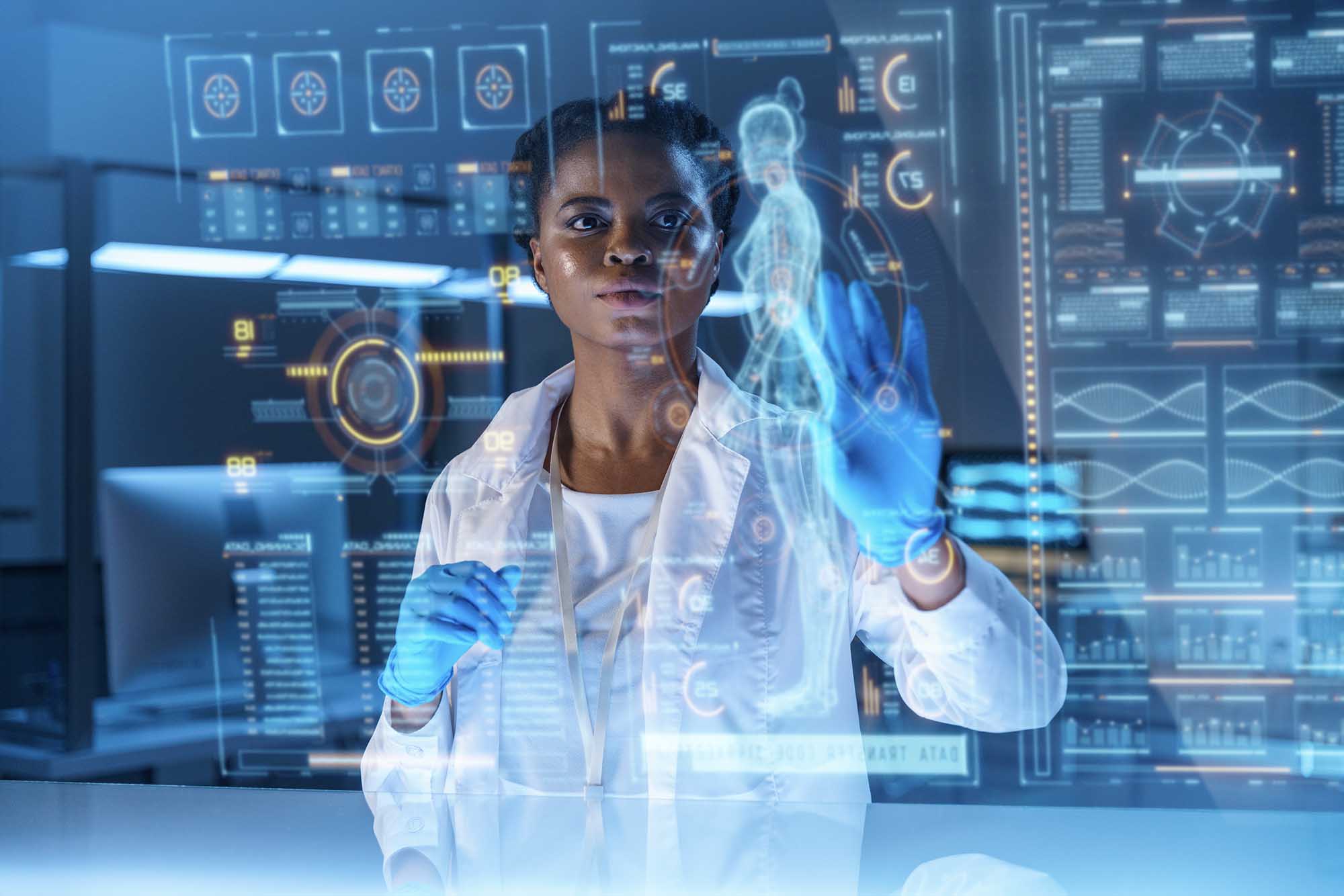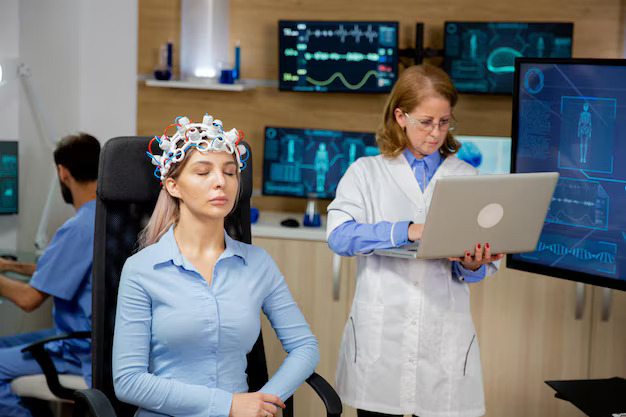Generative AI Goes Head-To-Head With Mental Health Therapists: A Technical Analysis
Generative AI shows promise in mental health therapy, improving outcomes but needing oversight.


The mental health landscape is undergoing a significant transformation with the emergence of Generative AI as a potential therapeutic tool. Recent studies and real-world applications are challenging traditional notions of therapy delivery and effectiveness.
This article provides a technical analysis of how GenAI compares to human therapists across multiple dimensions, exploring its capabilities, limitations, and future implications for mental healthcare.
Read also: What Makes AI Chatbots a Game-Changer in Mental Healthcare?

Comparative Efficacy and Clinical Outcomes
Recent clinical trials show promising results for GenAI in mental health treatment.
A landmark study from Dartmouth College demonstrated that their Generative AI therapy chatbot, Therabot, produced significant symptom reductions across multiple conditions:
- 51% reduction in symptoms for participants with major depressive disorder
- 31% reduction for those with generalized anxiety disorder
- 19% reduction in body image and weight concerns for those at risk of eating disorders
These improvements are comparable to traditional outpatient therapy outcomes, as highlighted by Nicholas Jacobson, Associate Professor at Dartmouth College.
Notably, these results were achieved with approximately six hours of interaction over eight weeks - equivalent to roughly eight standard therapy sessions.
Exploring User Intentions to Use ChatGPT for Self-Diagnosis: Recent Study Findings. Read here!
Diagnostic Capabilities and Assessment
Research examining GenAI's diagnostic abilities reveals interesting patterns.
In a landmark JMIR Mental Health study, all four tested LLMs demonstrated 100% accuracy in diagnosing schizophrenia from case vignettes. Three models (ChatGPT-4, Claude, and Bard) closely aligned with mental health professionals' treatment outcome predictions, while ChatGPT-3.5 showed pessimistic bias.
All models correctly predicted deterioration without treatment and recognized discrimination risks, suggesting potential clinical utility while highlighting the importance of model selection in therapeutic applications.
A study published in JMIR Mental Health evaluated how various large language models (LLMs) compared to human therapists in predicting schizophrenia prognosis. The analysis found that:
- Three out of four tested LLMs (ChatGPT-4, Claude, and Bard) aligned closely with mental health professionals' predictions when considering treatment outcomes
- GenAI models generally predicted that untreated schizophrenia would remain static or worsen, consistent with professional opinions
- Different LLMs showed varying degrees of optimism/pessimism regarding long-term outcomes
This alignment with professional judgment suggests potential utility in diagnostic support and prognosis estimation.
However, researchers noted that ChatGPT-3.5's pessimistic assessment could potentially reduce patient motivation for treatment, highlighting the importance of model selection and tuning.
Therapeutic Communication and Alliance
A critical factor in therapeutic success is the quality of communication and patient-therapist alliance. Studies are revealing Generative AI's surprising capabilities in this domain:
A PLOS Mental Health study conducted a modified Turing test with couple therapy vignettes, finding that:
- Survey respondents could only identify human therapist responses 5% more accurately than chance
- ChatGPT-generated responses were rated higher on all therapeutic common factors than human therapist responses
- AI Therapy responses were more likely to be categorized as empathic, culturally competent, and connecting
Linguistic analysis revealed that ChatGPT-generated responses contained more positive sentiment and greater richness in parts of speech, particularly nouns and adjectives, even when controlling for response length.
The Dartmouth Therabot study similarly found that participants rated their therapeutic alliance with the Mental Health AI Therapists as comparable to what patients typically report with in-person providers.
Recent News: Large Language Models Surpass Human Experts in Predicting Neuroscience Results. More here!

Technical Implementation and Design Considerations
The technical approach to building effective GenAI therapy systems reveals important distinctions from general-purpose AI:
- Data Selection and Training: Dartmouth researchers found that training Generative AI on real therapeutic conversations produced problematic responses ("hmm-hmms" and stereotypical psychoanalytic tropes). Instead, they created custom datasets based on evidence-based practices, highlighting the importance of specialized training for mental health applications.
- Safety Mechanisms: All studies emphasized the need for human oversight. The Therabot trial required staff intervention on 28 occasions - 15 for safety concerns (e.g., suicidal ideation) and 13 to correct inappropriate AI Therapy responses.
- Model Selection: Different LLMs showed varying therapeutic capabilities. For instance, in the schizophrenia study, ChatGPT-3.5 was notably more pessimistic than ChatGPT-4, Claude, and Bard when predicting outcomes with professional treatment.
- Clinical Integration Framework: Researchers suggest a hybrid model where GenAI assists rather than replaces human therapists, potentially extending care accessibility while maintaining clinical standards.
Regulatory and Ethical Considerations
The rapid development of Generative AI in mental health is outpacing regulatory frameworks:
- The FDA has not yet approved any AI Therapy chatbot specifically for mental health treatment, though some (like Wysa) have received breakthrough device designations
- The American Psychological Association has expressed concerns about unregulated chatbots, citing risks of incorrect diagnoses, privacy violations, and potential exploitation
- Researchers distinguish between purpose-built therapeutic AI Therapy (developed with clinical oversight) and general-purpose chatbots with therapy-like features
Dr. Lance Eliot's investigations revealed that popular GenAI platforms readily provide mental health advice across all 20 major DSM-5 disorder categories without hesitation, raising questions about appropriate guardrails and limitations.
Technical Limitations and Challenges
Despite promising results, significant technical challenges remain:
- Real-world Generalizability: Clinical trials represent controlled environments that may not reflect real-world usage patterns and outcomes.
- Supervision Requirements: Current implementations require human monitoring, limiting scalability benefits.
- Edge Case Handling: GenAI may struggle with high-risk scenarios such as acute suicidal ideation or complex comorbidities.
- Attribution Bias: Research shows people tend to rate responses more positively when they believe they come from human therapists rather than Mental Health AI Therapists, introducing potential placebo effects.
- Ethical Boundaries: Questions remain about appropriate limits on Generative AI's role in therapy, particularly for severe conditions or vulnerable populations.
Future Directions and Integration Models
The research suggests several potential integration models for GenAI in mental healthcare:
- Augmentation Model: Generative AI assists human therapists by handling routine aspects of care, allowing therapists to focus on complex cases and clinical decision-making.
- Stepped Care Approach: AI Therapy serves as a first-line intervention for mild to moderate conditions, with escalation to human providers for more severe cases.
- Extended Therapeutic Support: Mental Health AI Therapists provide between-session support and skills practice to enhance traditional therapy effectiveness.
- Accessibility Enhancement: GenAI expands mental health support to underserved populations facing barriers to traditional care.
Thus,
The technical evidence suggests Generative AI demonstrates remarkable capabilities in therapeutic communication, alliance building, and symptom reduction across multiple mental health conditions.
However, significant questions remain about appropriate implementation, regulatory frameworks, and ethical boundaries.
As Jean-Christophe Bélisle-Pipon from Simon Fraser University notes, while the results are impressive, we remain "far from a 'greenlight' for widespread clinical deployment."
The future likely involves carefully integrated systems combining human clinical expertise with AI Therapy capabilities, requiring mental health professionals to develop greater technical literacy and oversight skills for these emerging tools.
The fundamental question is no longer whether GenAI can perform therapeutic functions effectively, but rather how to harness these capabilities responsibly while mitigating risks and maintaining clinical standards of care.
Ready to implement AI-powered mental health solutions?
Makebot offers industry-leading LLM solutions with specialized versions for healthcare applications. Our patented hybrid RAG technology minimizes AI hallucinations and ensures ethical responses—critical for mental health applications.
With expertise in both chatbot development and healthcare integration, we can help you deploy responsible AI Therapy solutions that complement your existing services.
Contact us at b2b@makebot.ai to discuss your mental health AI implementation needs

Studies Reveal Generative AI Enhances Physician-Patient Communication


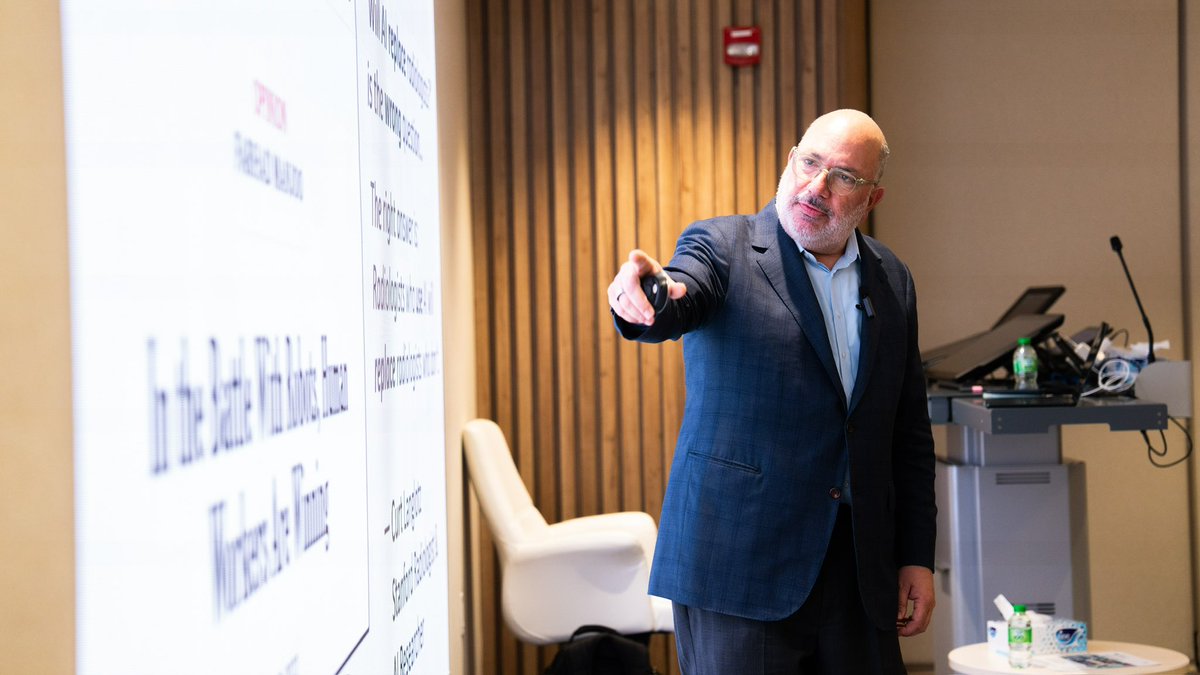
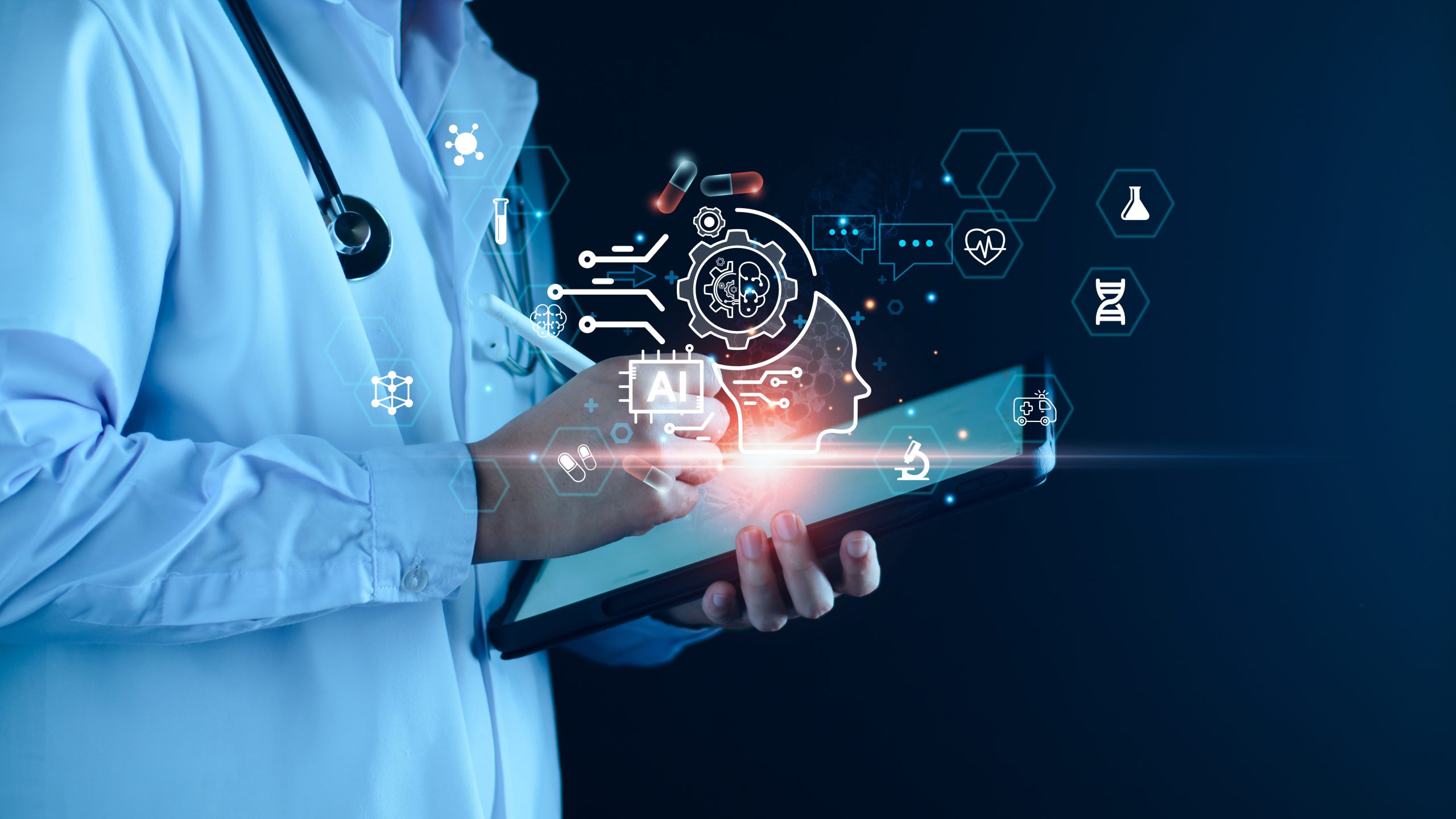
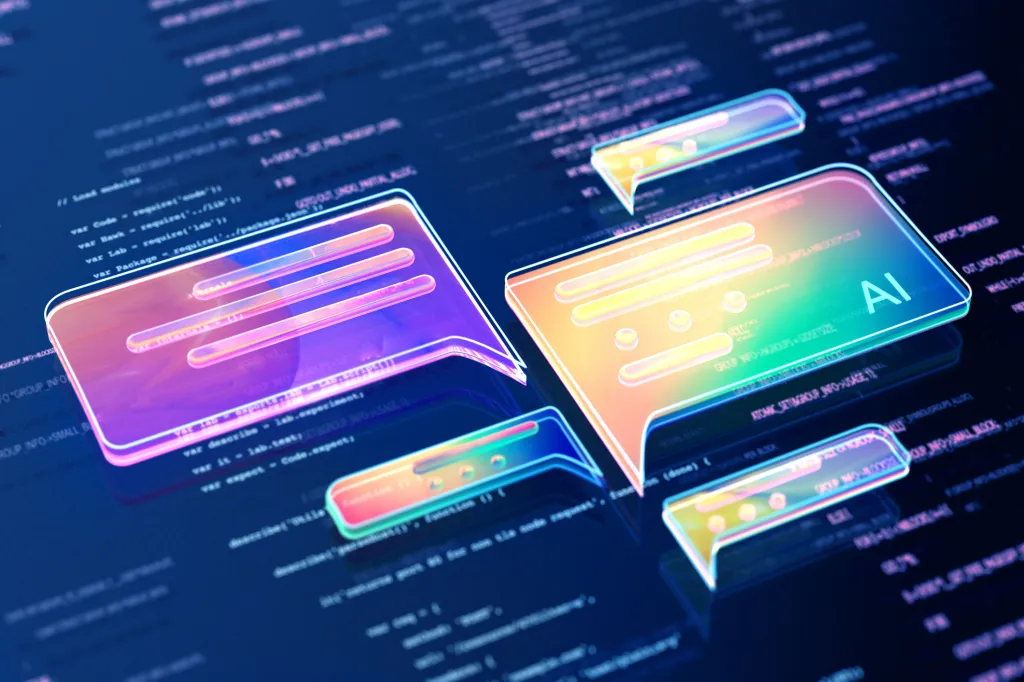



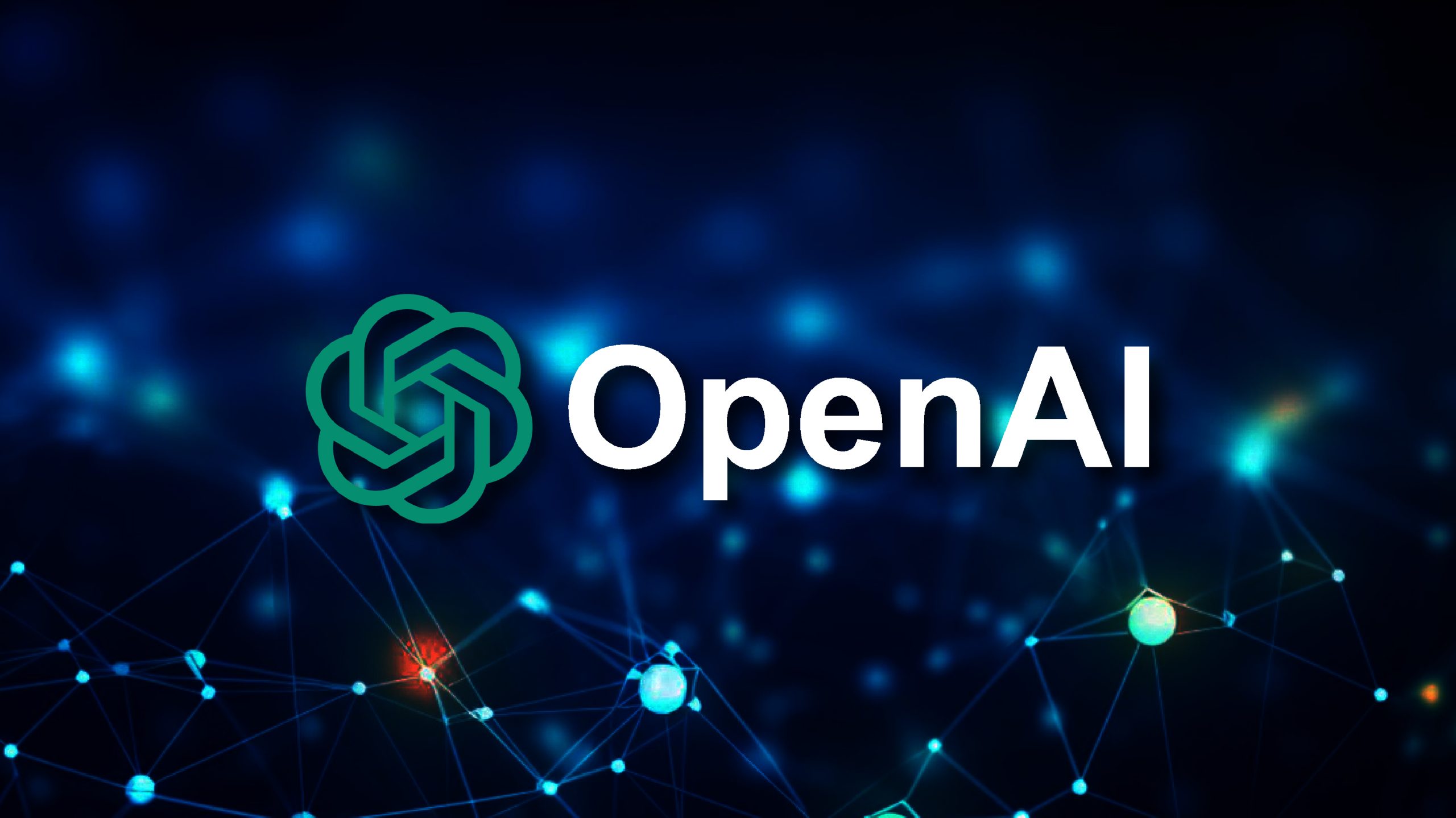



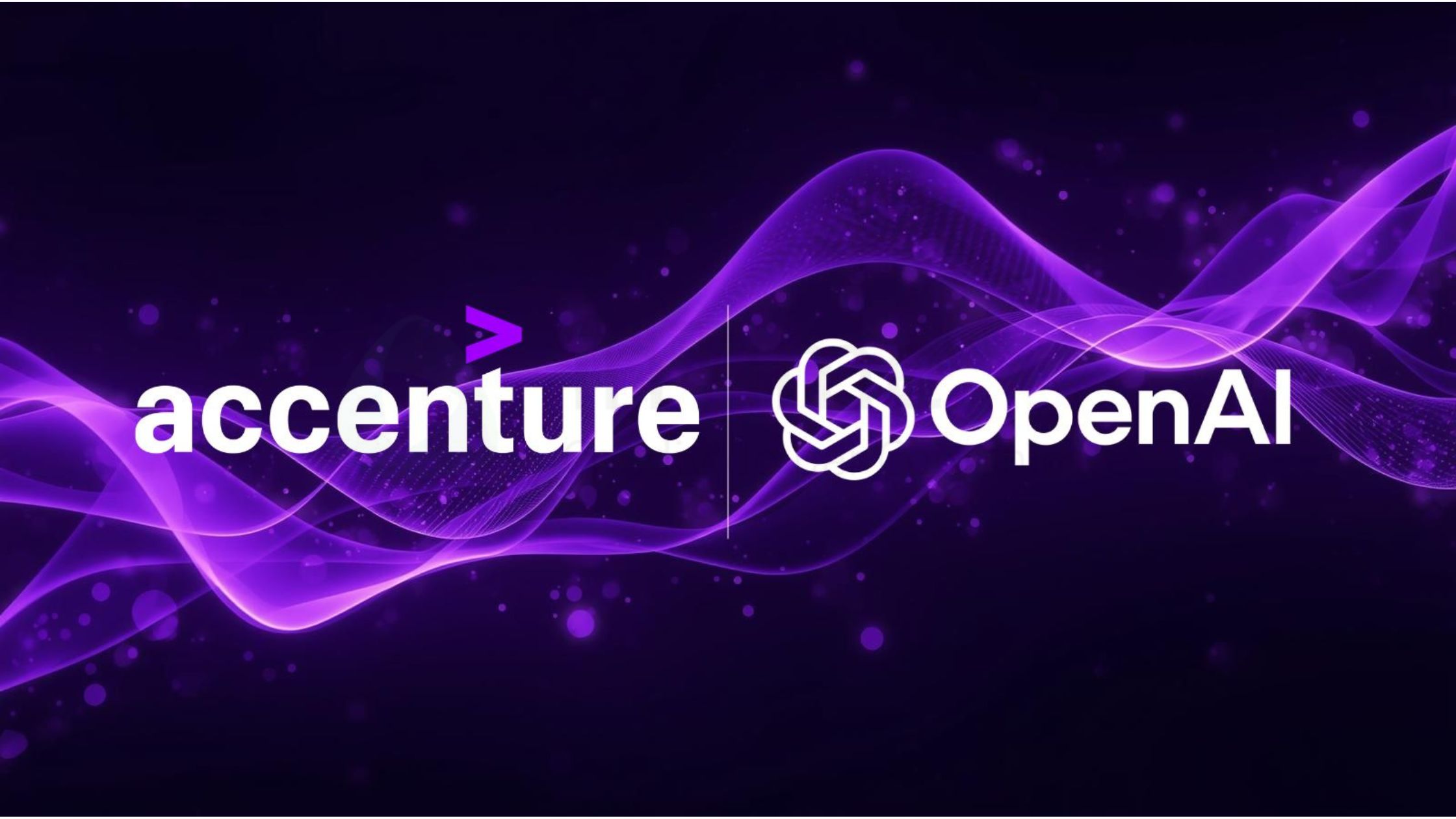
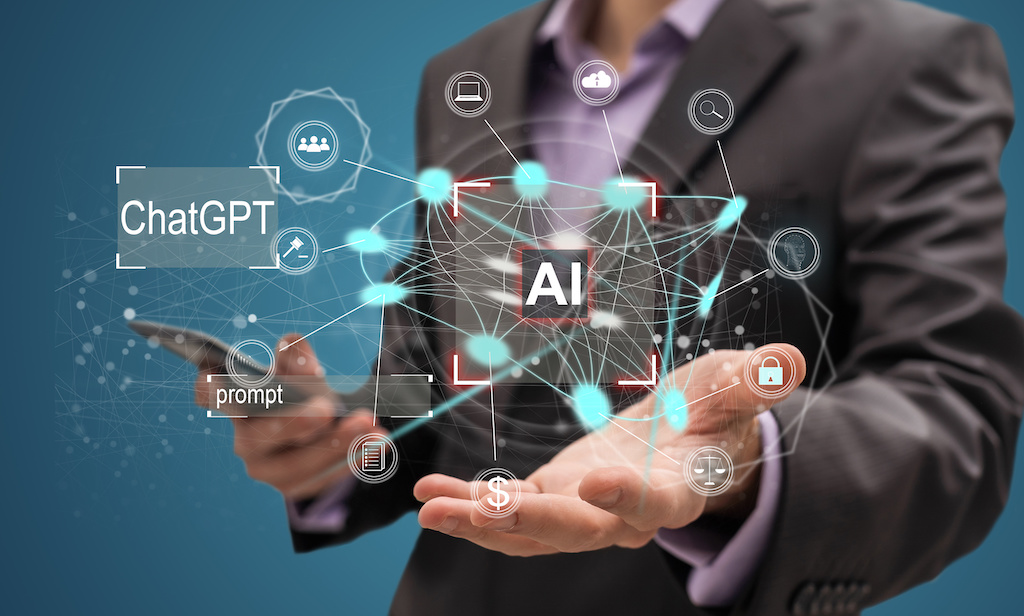









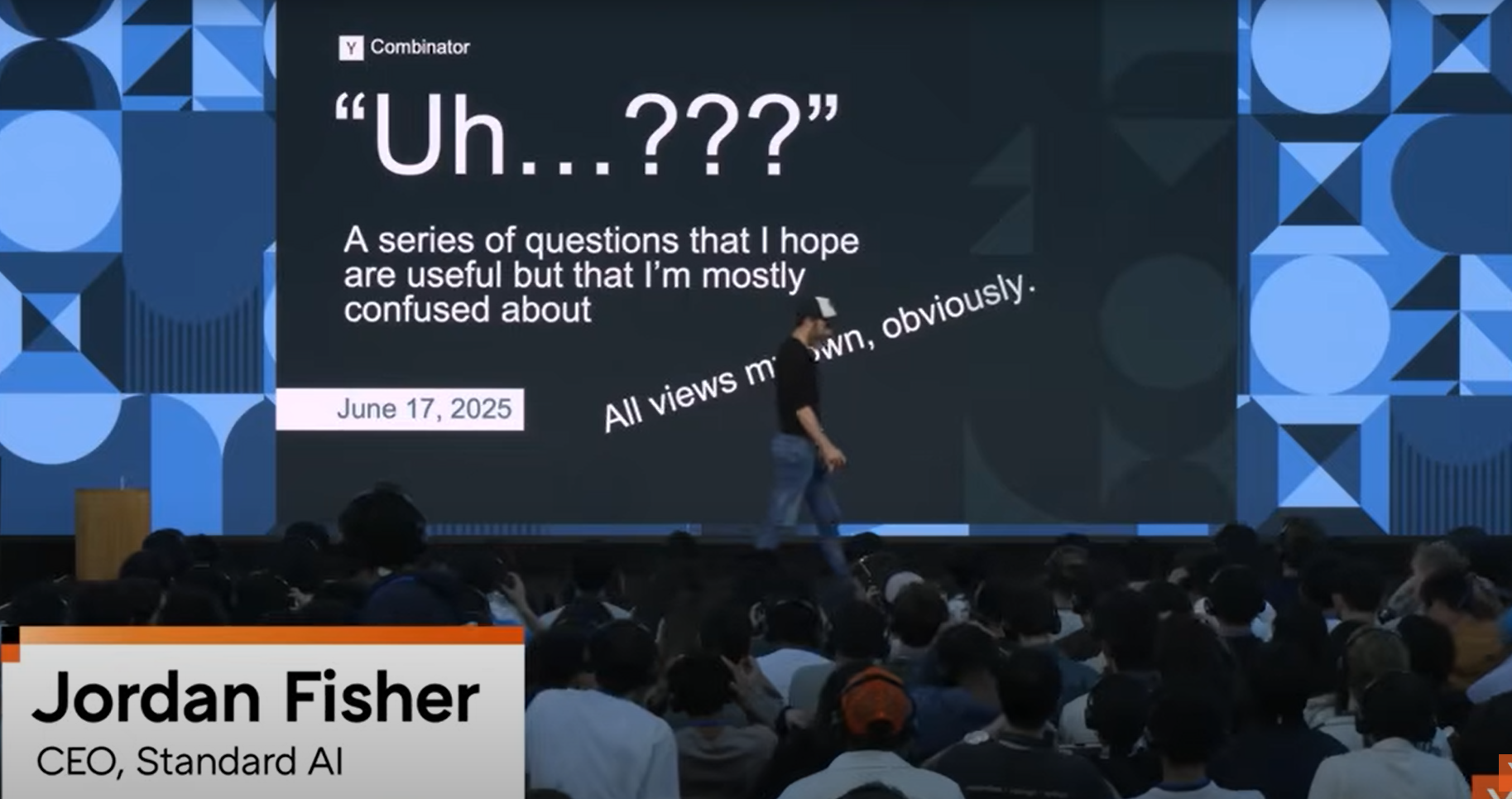




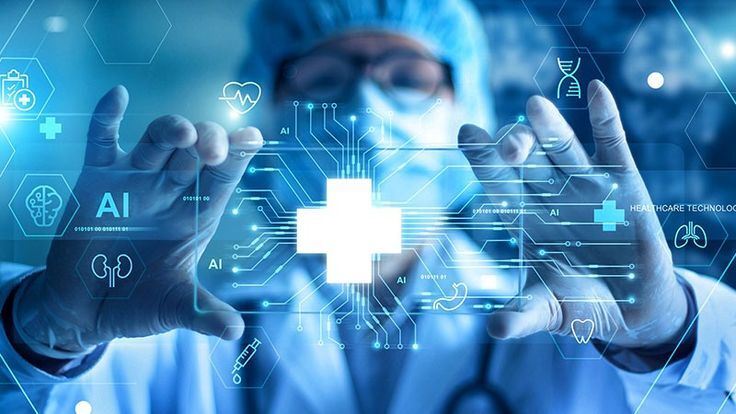

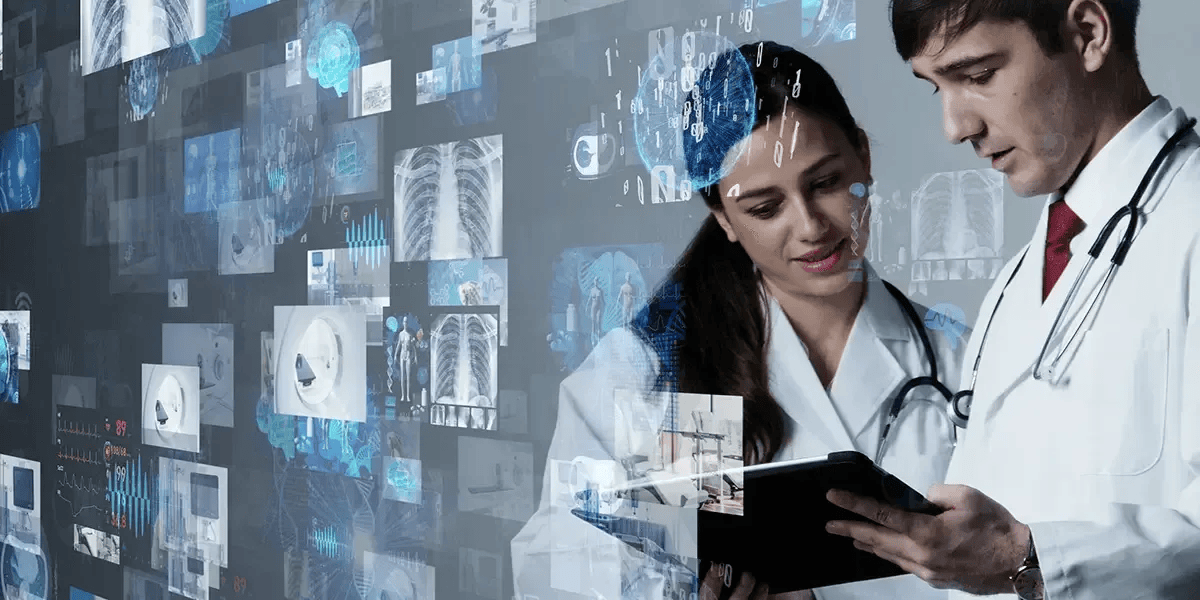



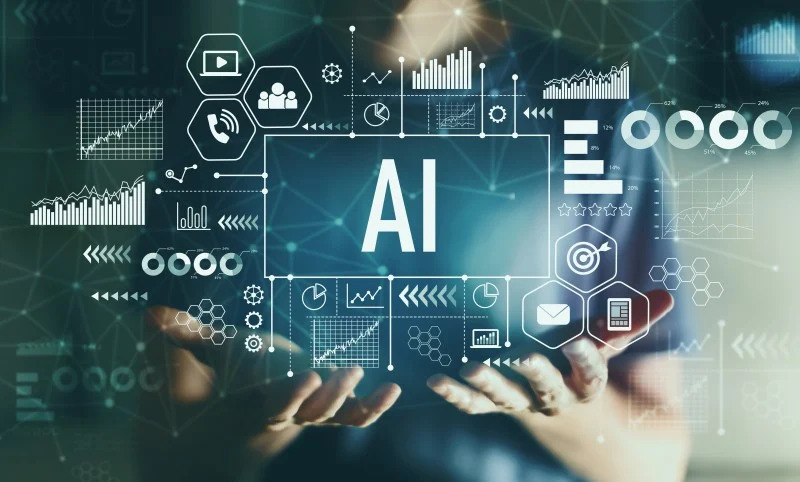
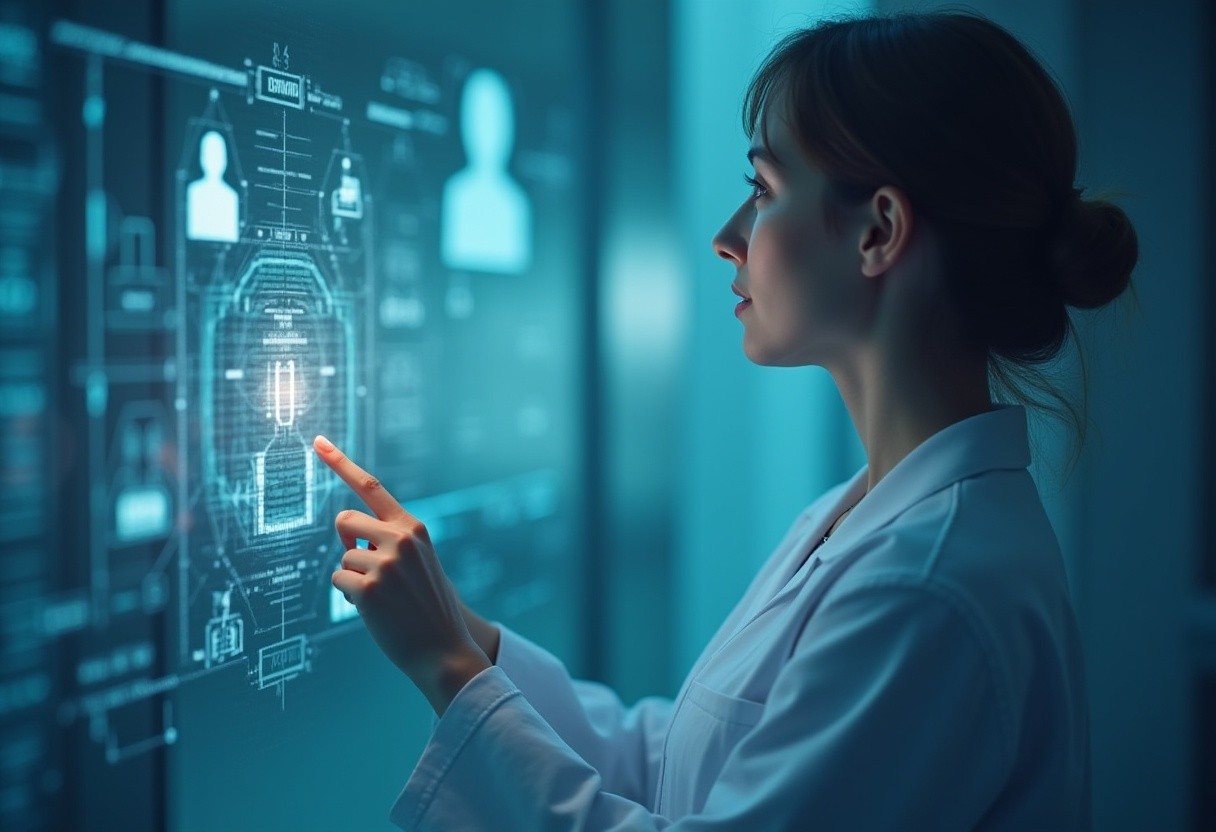


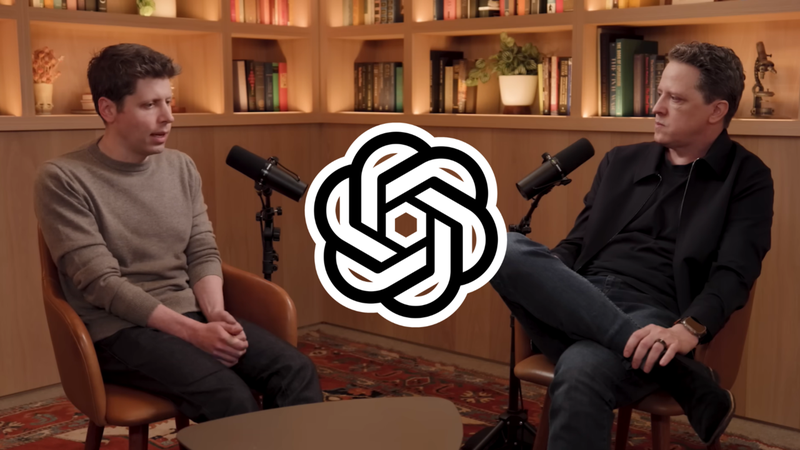





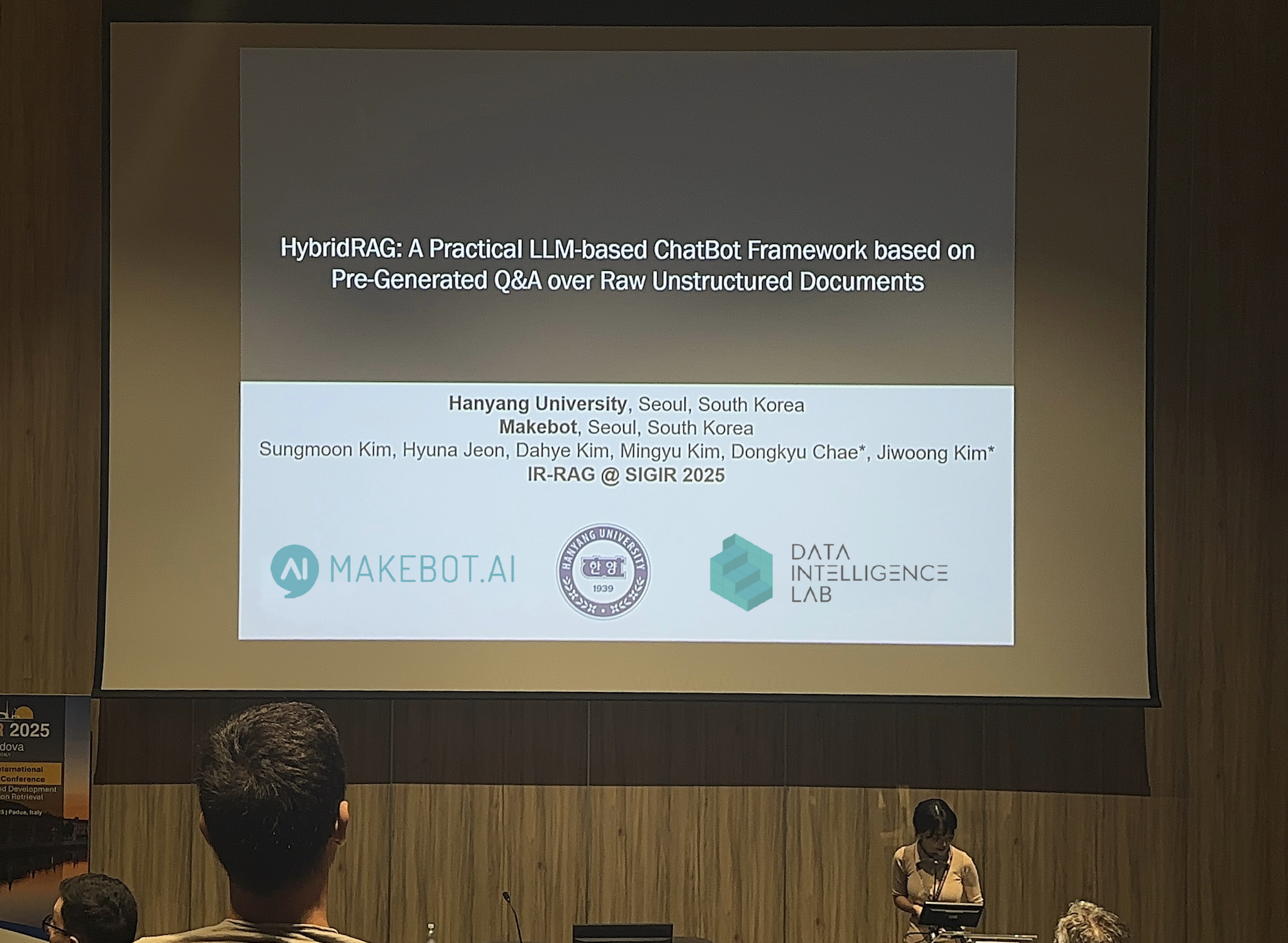









_2.png)











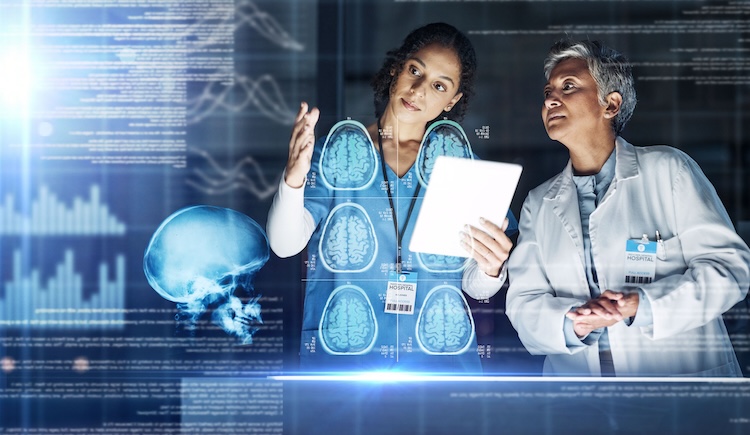





.jpg)

